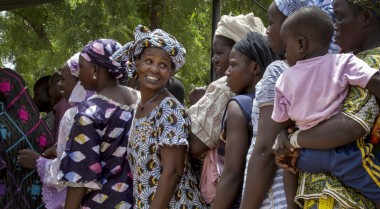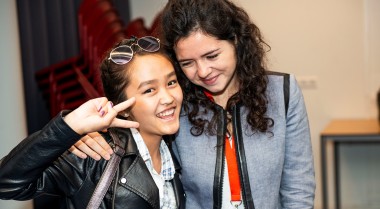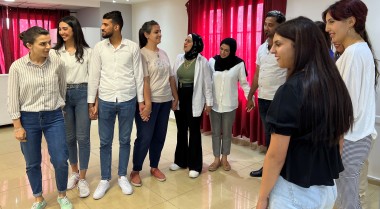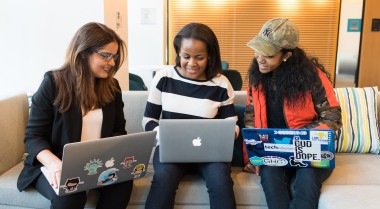
Inclusivity
Women and youth are active agents in both war and peace; they can be both victims and perpetrators of violence, as well as agents of change in peaceful conflict resolution. Women and youth contribute to peace in their local communities, as well as at national, regional, and international levels.
Challenges and opportunities
Youth make 42% of the global population (aged under 25) and women almost half of the global population (49.5%).
Despite the fact that women’s meaningful participation in peace processes has repeatedly been proven to increase the likelihood of establishing sustainable peace and building more resilient societies, more work remains to be done. This includes incorporating women’s equal participation in both long- term and short-term prevention and response measures, whether it is within their communities or at the national or international levels.
The same is the case for youth. Even though the United Nations Security Council adopted unanimously, on 9 December 2015, a ground-breaking resolution on Youth, Peace and Security which recognizes that “young people play an important and positive role in the maintenance and promotion of international peace and security,” youth is still not often enough included in key peace processes and often feel left out of important policies.
Our approach
We believe that women and youth participation is key for sustainable peace and we continue to work with local women and young peacebuilders throughout the world. We bring the voices of women and youth to key international arenas such as the United Nations and the European Union. We integrate youth and women policies with our members in our daily work and take ownership. Our policies boldly address the persistent gender imbalances within communities, aim to redefine power and demonstrate that gender inclusive conflict prevention, which addresses both masculine and feminine insecurities, contributes to the achievement of gender equality and sustainable peace.




